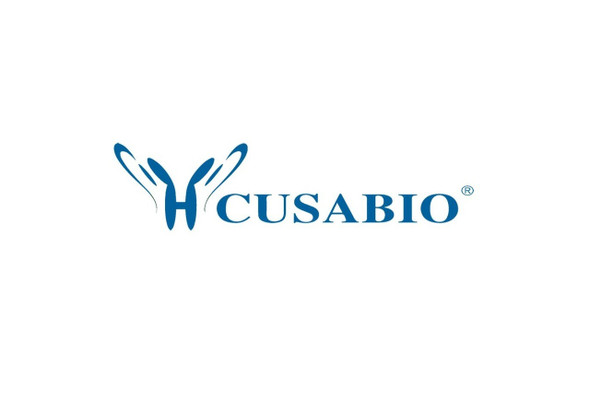Cusabio Polyclonal Antibodies
VPS53 Antibody | CSB-PA486228
- SKU:
- CSB-PA486228
- Availability:
- 3 to 7 Working Days
Description
VPS53 Antibody | CSB-PA486228 | Cusabio
VPS53 Antibody is Available at Gentaur Genprice with the fastest delivery.
Online Order Payment is possible or send quotation to info@gentaur.com.
Product Type: Polyclonal Antibody
Target Names: VPS53
Aliases: vacuolar protein sorting 53 homolog (S. cerevisiae)
Background: This gene encodes a protein with sequence similarity to the yeast Vps53p protein. Vps53p is involved in retrograde vesicle trafficking in late Golgi. May be involved in retrograde transport of early and late endosomes to the late Golgi. The GARP complex is required for the maintenance of the cycling of mannose 6-phosphate receptors between the TGN and endosomes, this cycling is necessary for proper lysosomal sorting of acid hydrolases such as CTSD.
Isotype: IgG
Conjugate: Non-conjugated
Clonality: Polyclonal
Uniport ID: Q5VIR6
Host Species: Rabbit
Species Reactivity: Human, Mouse
Immunogen: Fusion protein of human VPS53
Immunogen Species: Human
Applications: ELISA, WB, IHC
Tested Applications: ELISA, WB, IHC;ELISA:1:1000-1:2000, WB:1:200-1:1000, IHC:1:25-1:100
Purification Method: Antigen affinity purification
Dilution Ratio1: ELISA:1:1000-1:2000
Dilution Ratio2: WB:1:200-1:1000
Dilution Ratio3: IHC:1:25-1:100
Dilution Ratio4:
Dilution Ratio5:
Dilution Ratio6:
Buffer: -20°C, pH7.4 PBS, 0.05% NaN3, 40% Glycerol
Form: Liquid
Storage: Upon receipt, store at -20°C or -80°C. Avoid repeated freeze.
Initial Research Areas: Signal Transduction
Research Areas: Epigenetics & Nuclear Signaling;Cancer;Signal transduction











